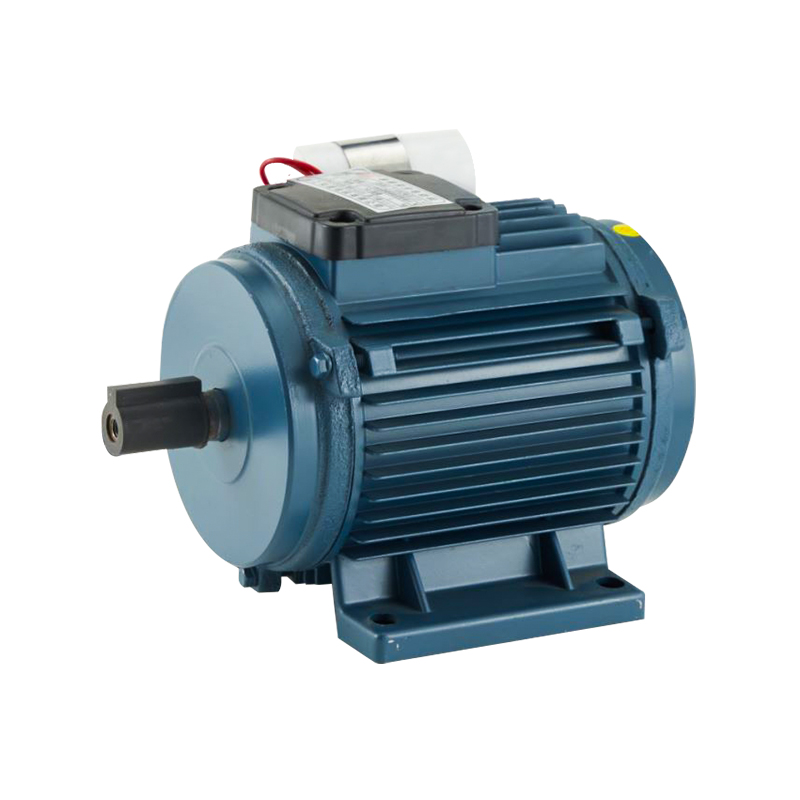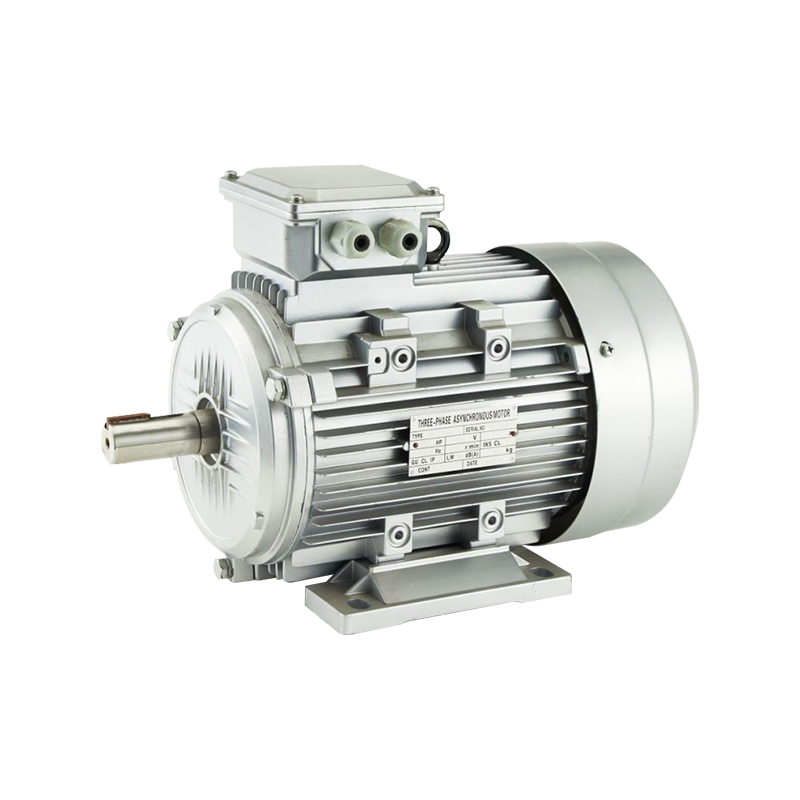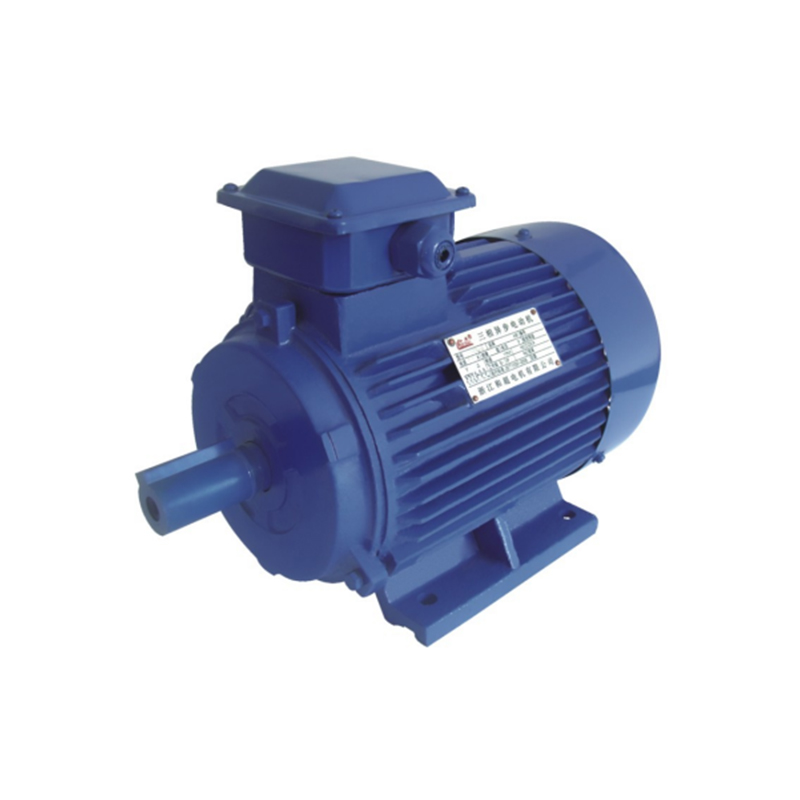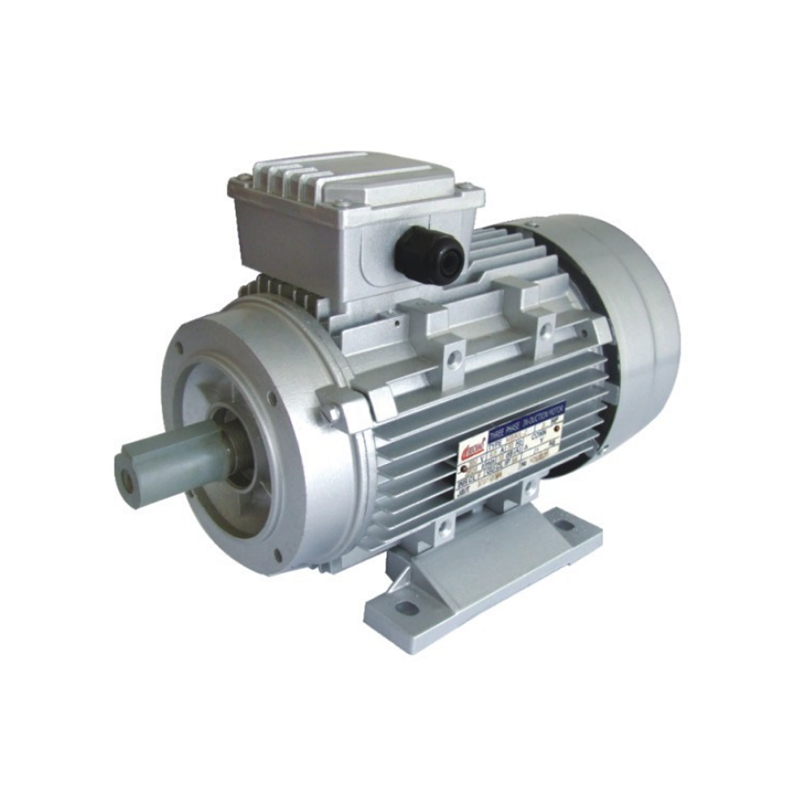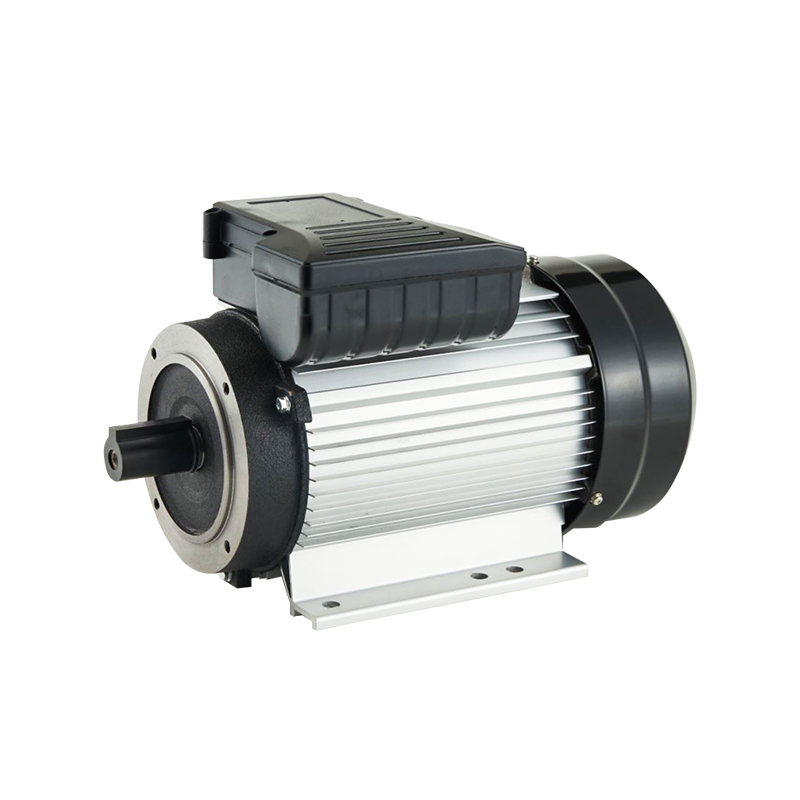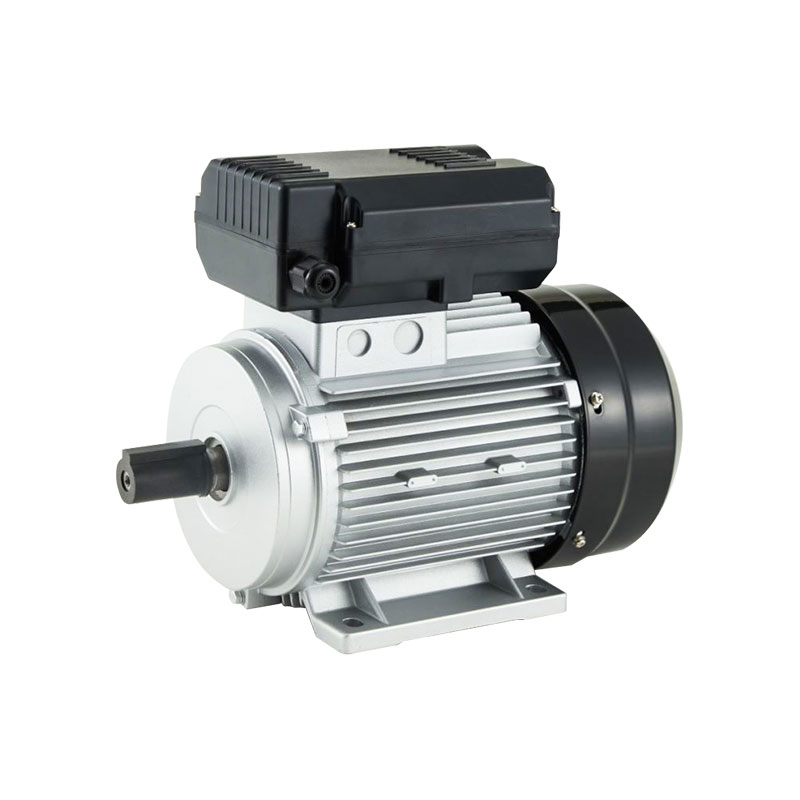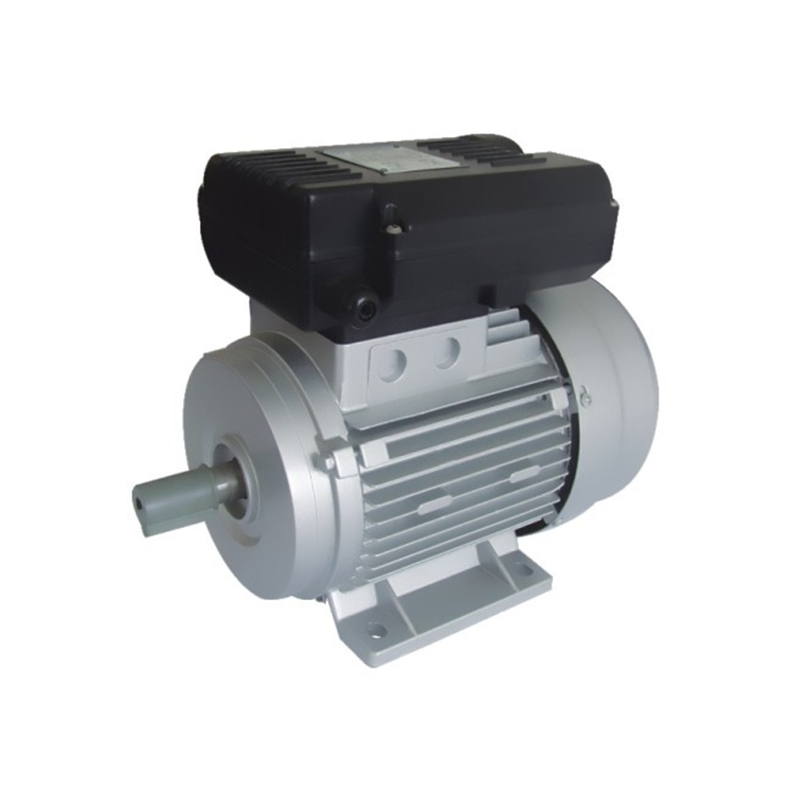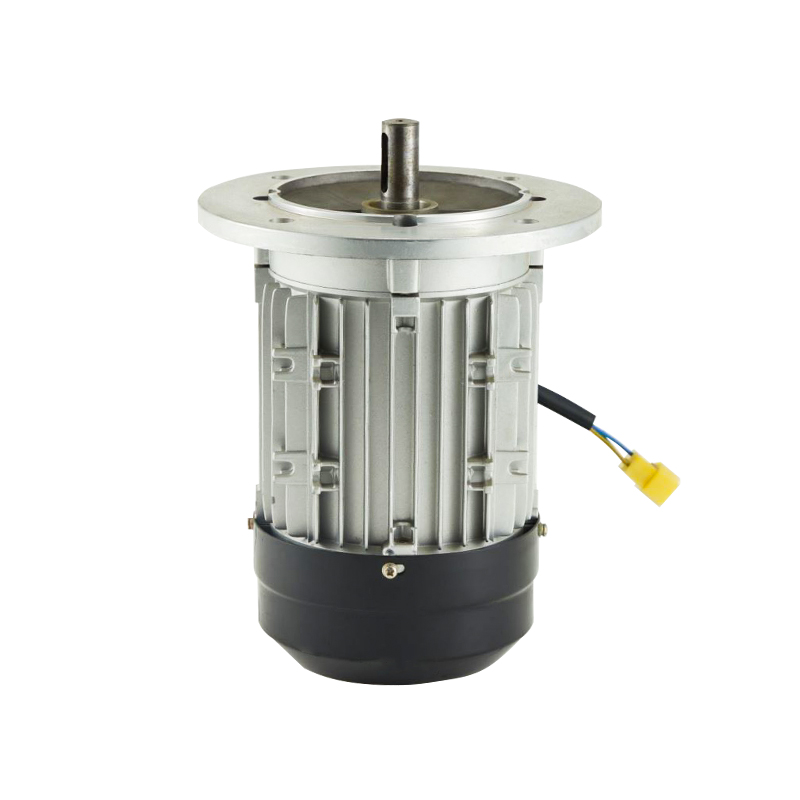In modern industrial environments, both alternating current motor and direct current motor play essential roles. While AC motors are widely used for general power transmission and heavy-duty machinery, DC motors have carved out an important niche in precision robotics and automation systems.
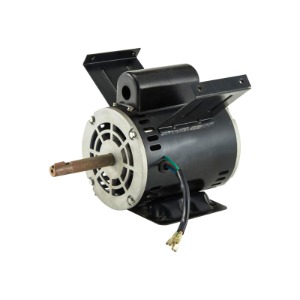
Why DC Motors Are Preferred in Robotics and Automation
Robotics and automation demand components capable of performing with high precision, responsiveness, and reliability. DC motors are well-suited for these challenges because:
They offer precise speed regulation, allowing exact positioning and smooth movement control essential for robotic arms and CNC machines.
They provide high starting torque, which is important for rapid accelerations and precise stops during delicate operations.
They feature responsive control characteristics, enabling seamless adjustment even under varying load conditions, ensuring stable performance.
While AC motors are often favored for continuous, heavy-duty applications, the nuanced control offered by DC motors is invaluable in automation scenarios requiring intricate and dynamic motion.
Key Applications of DC Motors in Automation and Robotics
DC motors are increasingly integrated into various automation and robotic components, including:
Robotic Arms and Manipulators: Precise joint movement and multi-axis control rely heavily on DC motors for positioning and speed adjustments.
Computer Numerical Control (CNC) Machines: DC motors regulate spindle speeds and enable accurate tool positioning, critical for manufacturing precision parts.
Automated Conveyor Systems: Speed variability ensures efficient sorting, packaging, and material handling.
Drones and Unmanned Vehicles: Lightweight and high-precision DC motors power propulsion and control systems in these advanced devices.
Medical Robotics: From surgical robots to diagnostic equipment, DC motors support the delicate and precise movements required in healthcare.
Understanding these diverse applications helps manufacturers and procurement teams select DC motors tailored to their specific automation needs.
Technological Advances Enhancing DC Motor Capabilities
Recent years have brought significant improvements in DC motor technology, especially benefiting automation:
- Brushless DC Motors (BLDC)
By eliminating brushes, BLDC motors reduce mechanical wear and require less maintenance, increasing uptime and reducing operating costs.
Higher efficiency in BLDC motors leads to lower energy consumption, aligning with sustainability goals.
Enhanced thermal management technologies allow these motors to operate reliably under demanding conditions and tight spaces.
- Advanced Control Electronics
Integration with sophisticated microcontrollers enables precise pulse-width modulation (PWM) control, facilitating fine speed and torque regulation.
Real-time feedback systems, including encoders and sensors, enable accurate speed and position adjustments, essential for complex automation tasks.
- Material and Design Improvements
Use of high-strength magnets such as neodymium improves motor torque and efficiency.
Enhanced insulation materials increase durability and allow operation at higher temperatures, expanding application possibilities.
Benefits of Using DC Motors in Precision Automation
Incorporating DC motors into robotics and automation systems offers several advantages:
Improved Product Quality: Fine control over speed and positioning translates into consistent and high-quality manufacturing output.
Greater Production Flexibility: Variable speed and torque capabilities allow machines to adapt quickly to diverse tasks or product variations.
Reduced Maintenance and Downtime: Brushless designs and robust materials minimize wear and the need for frequent servicing.
Energy Savings: More efficient motor designs help reduce overall power consumption in automated processes.
Together, these benefits support industries striving to enhance efficiency, reduce costs, and improve product quality.
Now that you have a detailed understanding of the importance and benefits of DC motors in this sector, you can better align your procurement strategies with your automation goals. For tailored motor solutions or in-depth technical advice, collaborating with experienced manufacturers can be highly beneficial.

